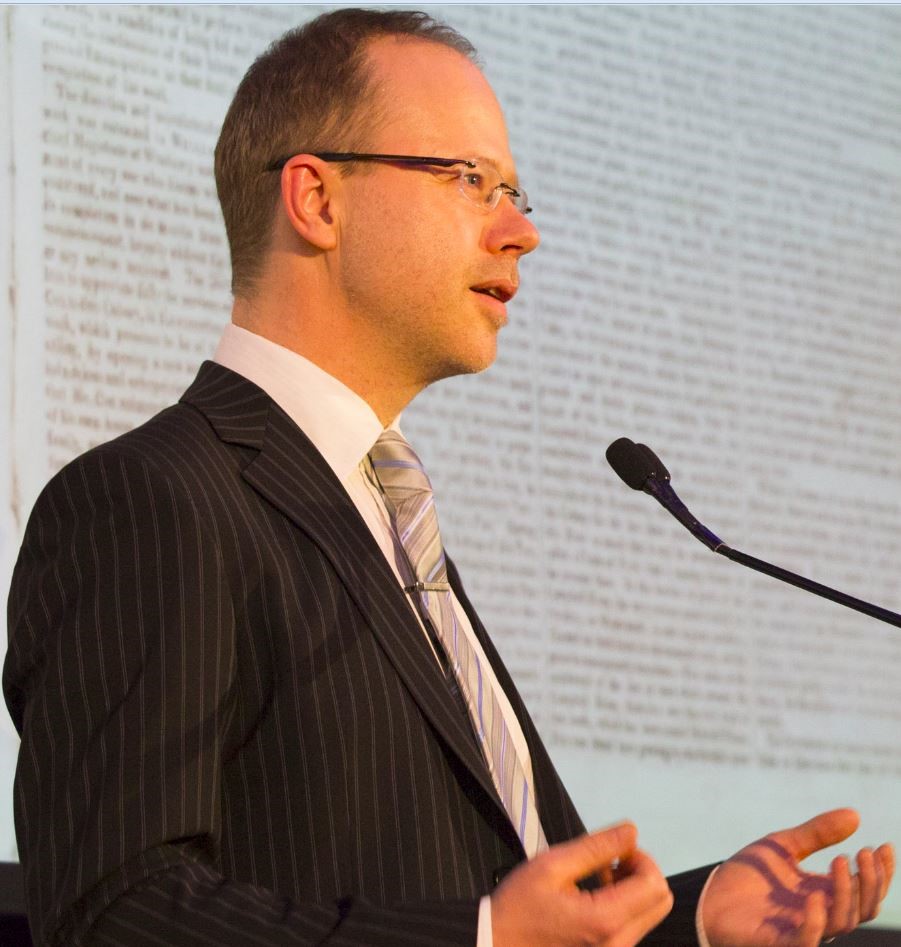The aim of the Interactive Histories research program is to seek ways of using interactive media for experimental content delivery in projects with a broadly historical focus. The focus to date has been on oral history projects (including virtual tours of heritage sites, museum installations and multimedia documentaries) and on theoretical research investigating emerging frameworks for historical representation enabled by interactive technologies. Planned projects include digital storytelling in local communities and the development of Indigenous and cross-cultural digital resources. Central to the two projects being presented here is the production of multimedia works designed to maximize public access to oral history material.
The discussion of these projects deals with practical issues including collaboration, design, user interface, navigation, narrative frameworks, and public access. My aim is to discuss the practical aspects, which have as yet had very little direct attention in publications relating to historical studies, to begin to cast light on the broader theoretical issues relating to the production and distribution of history.
The first project, Voices From the West End: The Fremantle Living Histories Project, is focused on the historic seaport of Fremantle in Western Australia. Fremantle is the traditional entry point to Australia, and one of the most intact nineteenth-century seaports in the world. The second project, East Perth Power Station and the Electrification of Western Australia: lnterpretation of an Historic Site, has set out to collect and interpret oral histories of former workers at one of the most significant power stations in Australia, currently under redevelopment for public usage.
[extract]
Arthur, Paul Longley. “Digital Lives: Oral Histories, Community Building and Experimental Media,” Issues in Writing 17, nos. 1–2 (2007–8): 118–42.






